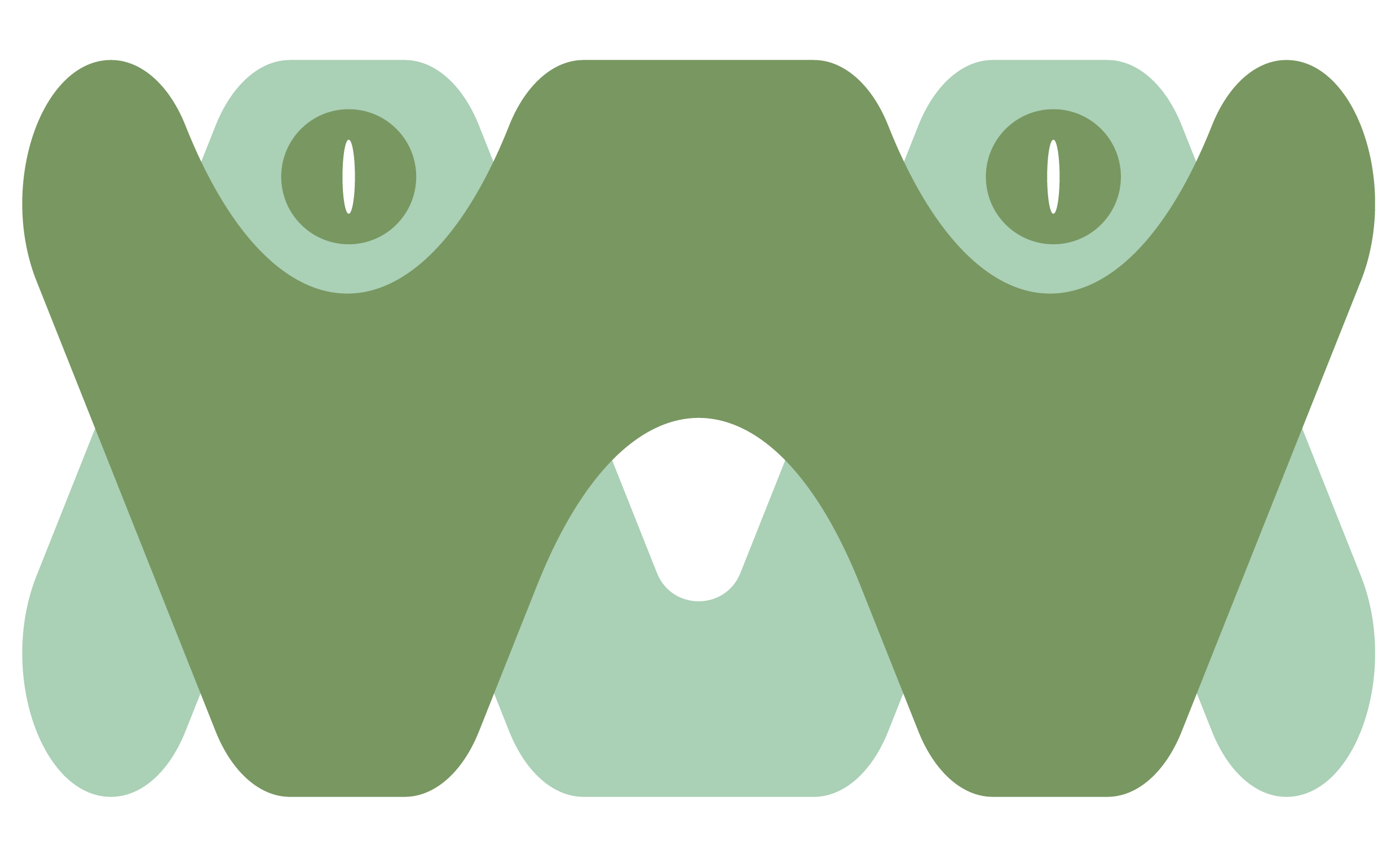STEM
Annual DNA Day Essay Contest is hosted by the American Society of Human Genetics, in support of National DNA Day. DNA Day commemorates the completion of the Human Genome Project in April 2003 and the discovery of the double helix of DNA in 1953. In celebration of DNA Day, the American Society of Human Genetics hosts Annual DNA Day Essay Contest
Essays are limited to 750 words, word count includes in-text citations, but not reference lists. Essays are expected to be well-reasoned arguments that indicate a deep understanding of scientific concepts related to the essay question.
The “Father of Genetics,” Gregor Mendel, was born 200 years ago in northern Moravia (now Czechia). His experiments with pea plants led to observations and conclusions that became fundamental principles of genetic inheritance. These principles include:
1) Each organism has two versions (or alleles) of each gene;
2) One allele is inherited from the mother, and one allele is inherited from the father;
3) Alleles can be dominant or recessive;
4) Genes for different traits are inherited independently from each other. Because of Mendel’s contributions, traits and disorders that are caused by variation in one gene (For Example, Huntington’s disease, Cystic fibrosis) are called Mendelian traits or disorders.
There are also complex traits and disorders (For Example, diabetes, hypertension) that are caused by variation in many genes and, often, environmental factors.
1、How do Mendel’s discoveries help us understand Mendelian disorders?
2、How does the study of Mendelian disorders help us understand complex diseases?
Essays must be submitted by a teacher or administrator and written by high school students (grades 9-12) in the U.S. and internationally. Parents may submit essays if the student is home schooled.
Essays must be written by one individual student; group submissions are not permitted.
Essays must be in English and no more than 750 words. Word count includes in-text citations, but not reference lists.
Submissions should not include the student’s name in the essay text. This helps with impartial judging.
Essays must include at least one reference. References should be clearly documented with both in-text citations and in the references list. The reference list should be separately entered in the “References” section of the submission page.
APA or MLA style can be used for citations. There is no limit on how many references students may use, but they should avoid too many references, as judges want to know the student’s opinion on the question and not the opinion of the resources.
Quality of references will be considered by judges when scoring.
Only classroom teachers are eligible for the equipment grant.
Text from essays may be used for research purposes to identify misconceptions, misunderstandings, and areas of student interest in genetics. Student text may be published on the ASHG website, newsletter, or in other ASHG publications.
Early January 2022 - Submission opens
Early March 2022 - Submission deadline
April 25th, 2022 – Winners and Honorable Mentions announced.
1st Place Winner: $1,000 for student
$1,000 genetics materials grant
2nd Place Winner: $600 for student
$600 genetics materials grant
3rd Place Winner: $400 for student
$400 genetics materials grant
Honorable Mentions: 10 student prizes of $100 each
